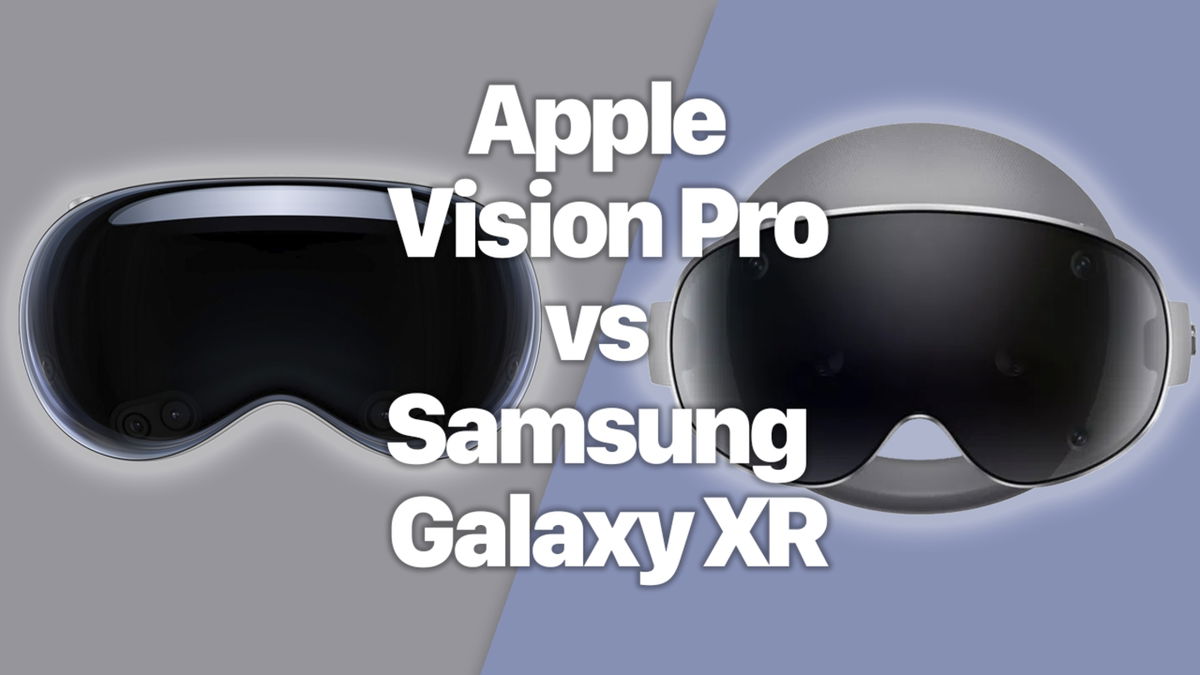Surgery is often the only option for patients with drug-resistant epilepsy, but surgery may be less successful in people with frontal lobe epilepsy.
Researchers analyzed MRI scans of 47 patients who underwent frontal lobe resections from 2007 to 2021. The results showed that the absence of seizures in the long term was associated with disruption of the neural pathways between the frontal lobe, thalamus, and striatum.
The thalamus is an important node that processes motor and sensory information and is also associated with emotional regulation and learning processes. The striatum is concerned with the movement and reward of the brain.
Of these neural pathway severed patients, 88% were seizure-free at three years and 80% seizure-free at five years, exceeding the typical results of frontal lobe resection.
The surgery did not affect the patients’ executive functions, including speech and working memory, flexible thinking, and self-control. This discovery helps explain the different results of resection in different patients and may form the basis for improved methods of surgical treatment of epilepsy.
Source: Ferra
I am a professional journalist and content creator with extensive experience writing for news websites. I currently work as an author at Gadget Onus, where I specialize in covering hot news topics. My written pieces have been published on some of the biggest media outlets around the world, including The Guardian and BBC News.










